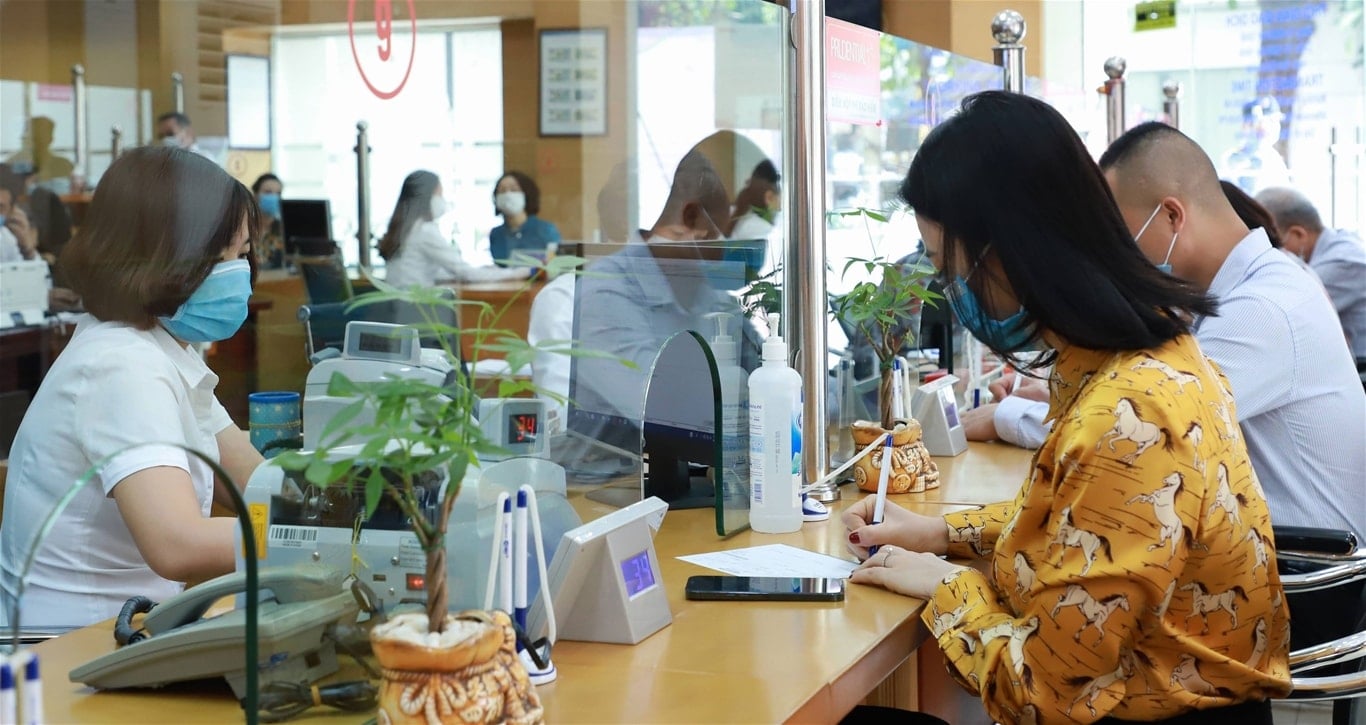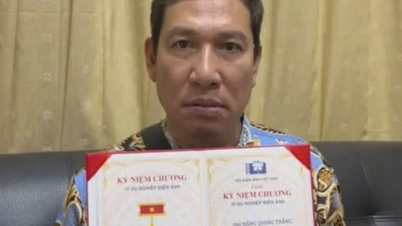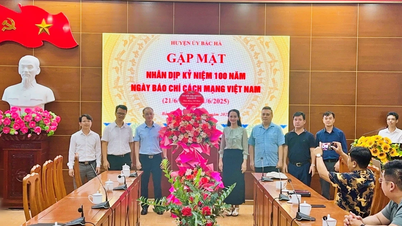Transparency in the process of handling bad debt and collateral
The report summarizing the implementation of Resolution No. 42/2017/QH14 and a number of provisions of the Law on Credit Institutions announced by the State Bank of Vietnam (SBV) shows that, as of January 2025, the bad debt ratio of the entire banking system was at 4.3%, mainly concentrated in a number of weak credit institutions that are under special control.
In the real estate sector alone, according to updated data up to the end of the first quarter of 2025, outstanding credit balance reached more than VND 1,560 trillion, an increase of about VND 260,000 billion compared to the end of 2024, equivalent to an increase of 20%, higher than the credit growth rate of the whole industry.
Mr. Vo Hong Thang, Deputy General Director of DKRA Group, commented that if the whole system's credit grows according to the target of 16%, the total outstanding debt of the real estate sector in 2025 could reach 3.8 - 3.9 million billion VND. However, the capital flow is still mainly into real estate enterprises, while real estate consumer credit is still growing slowly and accounts for a low proportion.
Worryingly, the bad debt ratio in this sector tends to increase. Seizing collateral, which is considered a technical solution, is not always effective.
According to Mr. Thang, in the context of a volatile market, the seizure without accompanying solutions will make the collateral a burden for the bank. Therefore, he emphasized the need for a close coordination mechanism between banks, businesses and management agencies to remove obstacles, make the handling process transparent and improve the efficiency of using collateral.
Regarding real estate credit, Mr. Le Hoang Chau, Chairman of the Ho Chi Minh City Real Estate Association (HoREA) pointed out that one of the major barriers today is the legality related to collateral.
Many large-scale projects are stuck in a spiral of procedures and legal disputes, making it impossible for banks to foreclose and for businesses to restructure.
Therefore, Mr. Chau recommended that it is necessary to improve the legal corridor towards transparency, streamline the auction process, and create conditions for handling secured assets through public auctions or project transfers more effectively.

Protecting the credit system and promoting capital flows
Dr. Do Thien Anh Tuan (Fulbright School of Public Policy and Management) said that when banks grant credit, they are forced to accept a certain level of risk. However, it is important to establish measures to control and minimize this risk.
One of the most effective ways is to strengthen credit screening and information transparency. Here, the role of the State is very important in reducing information asymmetry between lenders and borrowers through requiring public disclosure, transparency of information and credit appraisal processes.
Collateral plays a key role in strengthening trust and controlling risks for credit institutions. Dr. Tuan emphasized: an effective collateral handling mechanism not only helps reduce bad debt but also promotes credit expansion and protects the stability of the financial system.
However, this can only be achieved when the collateral can be seized and disposed of in a transparent, legal and expeditious manner. In this case, the right to repossess assets is not only a risk management measure but also a core legal tool to ensure the continuous flow of capital.
A prerequisite for this mechanism to be effective is that the mortgage contract must have a clear provision on the right to dispose of the property without going through court proceedings, a mechanism commonly known as “power of sale”. This agreement must be specified in detail, from the notification process, valuation method, waiting period to the remaining rights of the borrower after the property is foreclosed, avoiding formalities or ambiguity.
In addition, the entire asset handling process must be carried out in a transparent manner. Borrowers must be notified in writing, within a reasonable time. A particularly important point, according to Dr. Tuan, is that the valuation of collateral assets must reflect the true market value, avoiding the situation where banks arbitrarily sell at low prices, causing losses to borrowers. Therefore, it is necessary to have the participation of a third party or establish an independent valuation mechanism to ensure objectivity and fairness.
Dr. Do Thien Anh Tuan also proposed the need to legalize the positive points of Resolution No. 42/2017/QH14, in order to legalize the right to seize assets of credit institutions, while still fully protecting the legitimate rights of borrowers. This is a necessary step to create a stable, transparent and sustainable credit market.
Source: https://baodaknong.vn/hoan-thien-phap-luat-ve-tai-san-dam-bao-de-can-bang-loi-ich-ngan-hang-va-nguoi-vay-254632.html





























![[Photo] President Luong Cuong works with Hung Yen and Thai Binh Provincial Party Committees on implementing Resolution of the 11th Central Conference, 13th tenure](https://vphoto.vietnam.vn/thumb/1200x675/vietnam/resource/IMAGE/2025/6/6/127b735d2761484d81dcee0d7725a25b)

![[Photo] General Secretary To Lam receives Korean Ambassador to Vietnam](https://vphoto.vietnam.vn/thumb/1200x675/vietnam/resource/IMAGE/2025/6/6/a0765b7543784cbcbfe4755b67d43ab4)

























































![[OCOP REVIEW] Tu Duyen Syrup - The essence of herbs from the mountains and forests of Nhu Thanh](https://vphoto.vietnam.vn/thumb/402x226/vietnam/resource/IMAGE/2025/6/5/58ca32fce4ec44039e444fbfae7e75ec)










Comment (0)